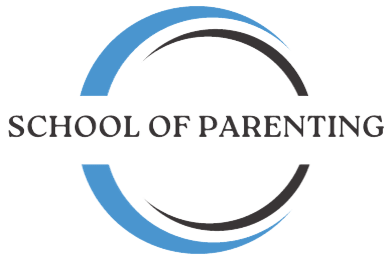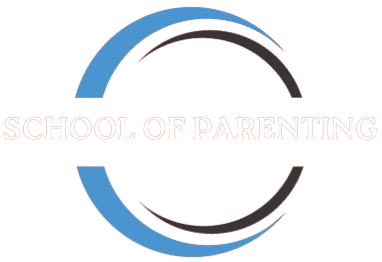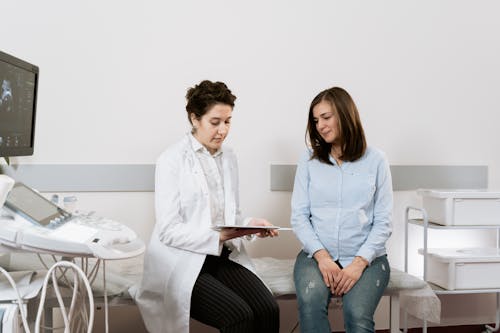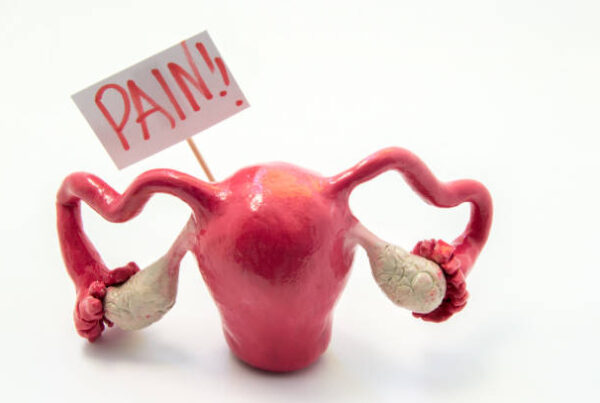Discovering the Signs: Understanding Pregnancy Symptoms
Introduction
The experience of becoming a mother is life-changing, bringing with it a multitude of emotional and physical transformations. For expecting women to have a healthy and rewarding path ahead of them, it is imperative that they recognize the early indicators of pregnancy. With this in-depth guide, we explore the world of pregnancy symptoms and illuminate the subtle indicators that point to the wonder of life developing inside.
Spotting the Telltale Signs
Pregnancy symptoms might differ from woman to woman, ranging from sore breasts to increased exhaustion. Early in the conception process, knowing these signs can bring comfort and clarity.
Early Signs (H2)
Pregnancy symptoms often manifest subtly in the initial weeks post-conception. Nausea and Fatigue (H3) are among the most common indicators experienced by expectant mothers. The sudden onset of morning sickness, coupled with overwhelming tiredness, can signal the beginning of a beautiful journey ahead.
Physical Changes (H2)
The body changes remarkably as the pregnancy goes on to make room for the developing fetus. Tenderness and enlargement are common symptoms of breast changes (H3) that many women encounter. Furthermore, as a normal byproduct of the uterus growing, increasing pressure on the bladder may result in frequent urination (H3).
Emotional Rollercoaster (H2)
Hormone fluctuations and increased sensitivity are just two of the emotional challenges that come with being pregnant. Expectant moms frequently experience mood swings (H3), which can range from exhilaration to worry, as they negotiate the complex range of emotions connected to becoming a mother.
Seeking Medical Guidance (H2)
Acknowledging the signs of pregnancy is important, but getting expert medical guidance is even more crucial to the mother’s and the baby’s health and wellbeing. Seeking the advice and insights of a Healthcare Provider (H3) may be extremely beneficial in providing pregnant moms with the necessary assistance during their pregnancy.
Read More: Sciatica Self Care: A Comprehensive Guide to Alleviating Pain
Frequently Asked Question
How soon after conception do the signs of pregnancy manifest?
It is possible for pregnancy symptoms to start one or two weeks after fertilization. The time, though, can differ for every woman.
A: Hormone levels and individual physiology are two elements that affect when pregnancy symptoms appear. Some women may not detect any symptoms for several weeks after becoming pregnant, while others may see early indicators within days of conception.
What symptoms are common with morning sickness?
Nausea and vomiting are the hallmarks of morning sickness, which usually strikes during the first trimester of pregnancy.
A: Morning sickness symptoms can range widely in intensity, from a slight nausea to regular episodes of vomiting. Strong smells or an empty stomach are two examples of triggers that might make these sensations worse. It’s important to remember, though, that morning sickness doesn’t always happen in the morning.
Is experiencing mood swings during pregnancy normal?
Indeed, mood swings during pregnancy are typical and sometimes ascribed to changes in hormone levels.
A: Pregnancy-related hormonal changes can affect the brain’s neurotransmitter levels, which can cause mood swings and emotional instability. Emotionally sensitive people may also be more sensitive to stress and the excitement of becoming a mother.
How can I lessen the weariness that comes with being pregnant?
Preserving fluids, eating a balanced diet, and getting plenty of rest are the keys to battling pregnant tiredness.
A mild exercise regimen, like walking or prenatal yoga, can also help reduce weariness and increase energy. Furthermore, expecting moms who are feeling worn out might find much-needed relief by asking friends and relatives for help.
When should I make an appointment for my first prenatal visit?
As soon as you think you may be pregnant or realize you have missed a period, it is advised that you make an appointment for your first prenatal visit.
A: Early prenatal care is essential for keeping an eye on the mother’s and the unborn child’s health and growth. Your healthcare practitioner will do a comprehensive assessment during your initial prenatal appointment, which will involve a physical examination, prenatal testing, and conversations regarding your medical history and lifestyle.
Are there any natural treatments for the symptoms of pregnancy?
While some women find that using natural remedies helps relieve their pregnancy symptoms, it’s important to speak with your healthcare practitioner before attempting any alternative treatments.
A few lifestyle changes, including drinking enough of water, eating small, frequent meals, and engaging in relaxation exercises, can help reduce the symptoms of pregnancy. However, to be sure they’re healthy for you and your child, always get your doctor’s approval before starting any new treatments or supplements.
Conclusion
Pregnancy is a life-changing process that brings about a wide range of mental and physical changes. Expectant moms may start this amazing journey with confidence and peace of mind if they know the early warning signs of pregnancy symptoms and seek medical advice as soon as possible. Accept each moment with hope and happiness, understanding that each symptom is an indication of the wonder of life developing inside of you.





